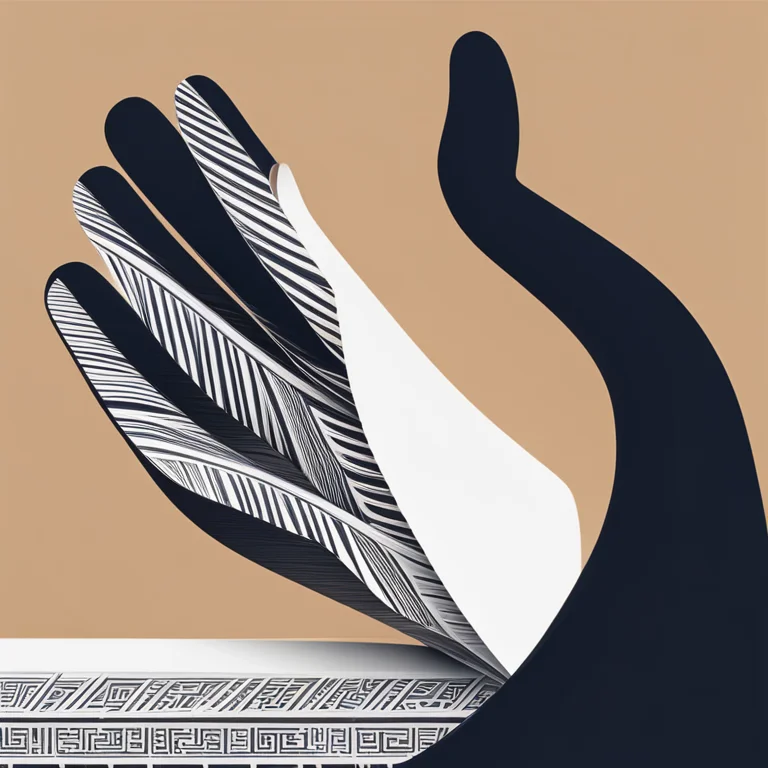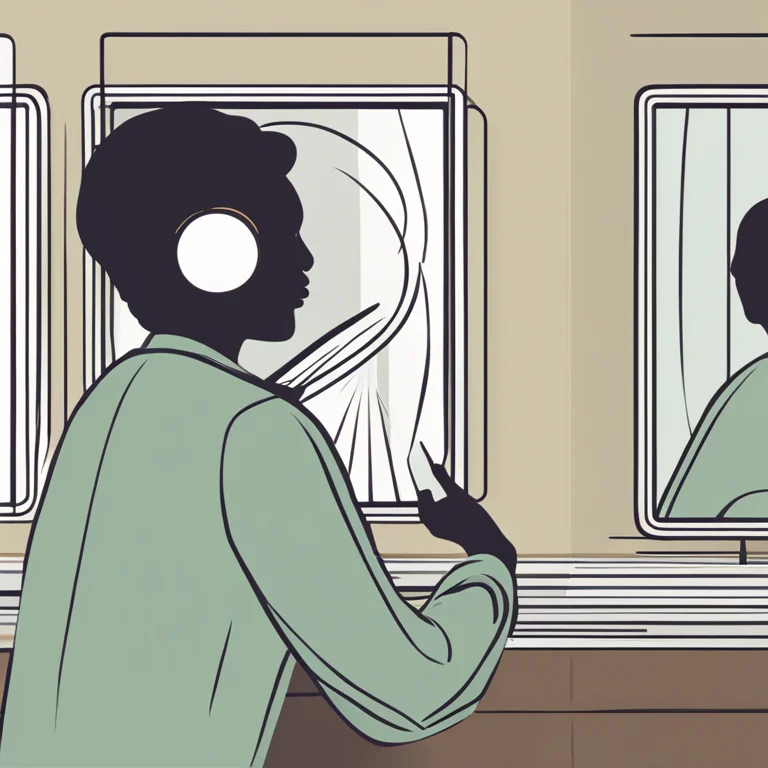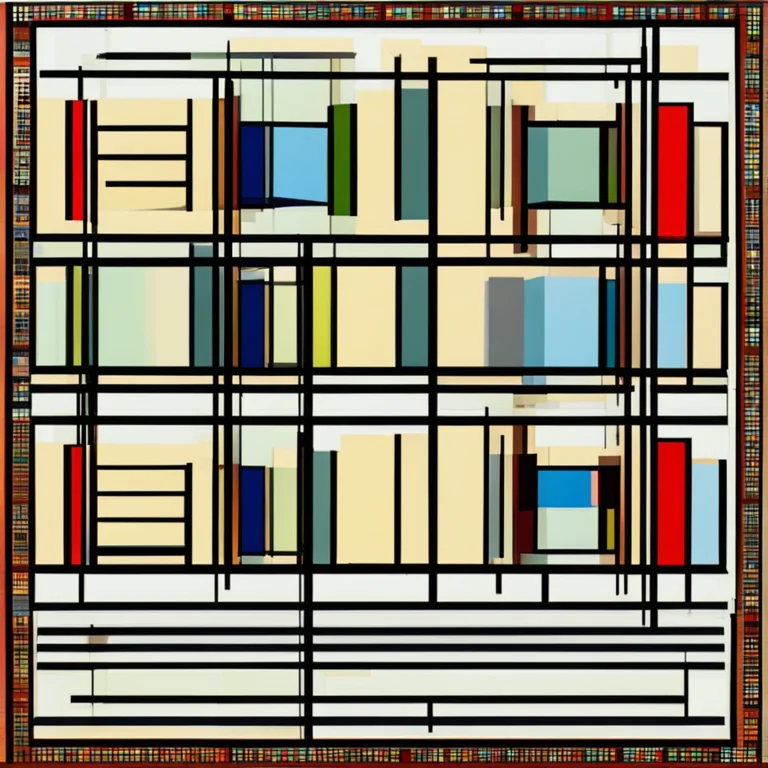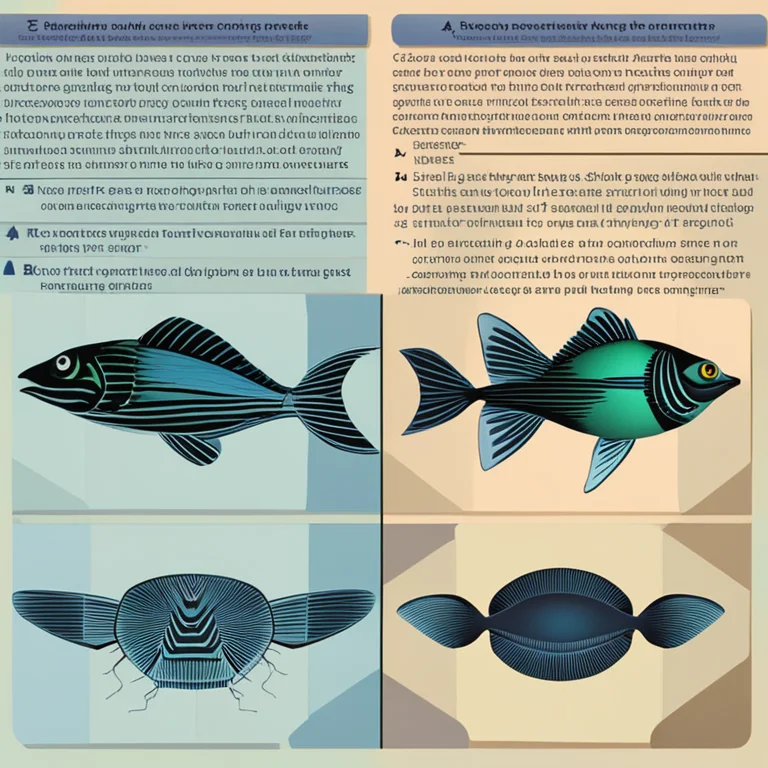
Exploring The Symmetry of Palm Lines: Fact or Myth?
Examine the symmetry of palm lines and what it reveals in palmistry. Do our left and right hands tell the same story? Find out now.
article by Nora Pennington
Introduction to Palm Line Symmetry
In the mystical world of palmistry, each line on our palms is believed to hold significant insights into our personality, future, and health. But an intriguing question that often arises is whether our palm lines are mirror images—essentially symmetrical—from one hand to the other. This article delves into the symmetry of palm lines, illuminating the insights of palmistry practitioners and recent findings that might influence our understanding of these enigmatic hand features.

Palmistry's View on Line Symmetry
Palmistry, the ancient art of hand reading, posits that our hands serve as a unique map of our lives. Traditionally, the left hand is thought to represent the traits we're born with, the potential we carry, while the right hand is believed to show what we've done with that potential—how we've molded our lives through actions and decisions. So, what does this mean for palm line symmetry? According to palmists, expecting identical lines on both palms would be akin to expecting our innate qualities to manifest in exactly the same way as our life choices—a concept that defies the complexity of human life.

Scientific Perspective on Hand Symmetry
Science, always driven by evidence, has also voiced its perspective on this subject. Research indicates that while our hands are generally symmetrical in structure, the intricate lines and creases tend to differ. Genetics lay the blueprint, but factors such as hand usage, environment, and even injuries contribute to the uniqueness of our palm lines. Thus, from a scientific standpoint, the existence of symmetrical palm lines is less a rule and more an exception.

Reading Asymmetrical Lines
In palmistry, the variations between lines on the left and right hands are telling. For instance, if the life line is longer on the right hand, it might suggest that the individual has taken steps to improve their health and vitality. A heart line that is deeper on one hand could indicate stronger emotional experiences or relationships during the time reflected by that hand. Asymmetry is not just normal but expected, providing a nuanced narrative of one's life.

The Role of Individual Differences
Understanding the concept of asymmetry in palm lines requires us to acknowledge individual differences. Each person's palm lines develop uniquely, reflecting their distinct experiences, habits, and changes over time. This individuality is part of what makes palmistry a personalized and intimate form of divination—amidst the broad strokes of interpretations lie details that resonate on a personal level, differing from one individual to the next.
Evolution of Lines Over Time
It's important to recognize that palm lines are not static features. They can evolve and change throughout life, diverging further from any symmetry that might have existed. New creases can form while others may fade, marking the passage of time and events. The ever-changing nature of our palm lines serves as a testament to the dynamic essence of our lives—a factor that both palmistry enthusiasts and skeptics can appreciate.
Final Reflections on Palm Line Symmetry
In conclusion, while some individuals may exhibit near-symmetrical lines, these occurrences are coincidental rather than the norm. Palmistry teaches us to see the beauty and meaning in the differences between our hands, while science encourages us to look to biology and behavior to explain these discrepancies. Ultimately, the asymmetry of palm lines represents the rich tapestry of our shared human experience, each hand telling a different chapter of our individual stories.
Published: 1/10/2024
Modified: 1/10/2024
More predictions
Come back here soon to learn more about yourself and your future


The Essence of Palmistry: Insights into Your Palm
Delve into the fascinating world of palmistry and discover what the lines on your palm reveal about your life path and personality, with contemporary relevance for the modern seekers.


The Intricacies of Palm Reading: A Guide to Palmistry
Delve into the ancient art of palm reading with our comprehensive guide that reveals the secrets hidden in the lines of your hands.


The Secrets of Hand Analysis
Delve into the intriguing world of palm reading and discover the hidden aspects of your personality through the lines and shapes in the palms of your hands.